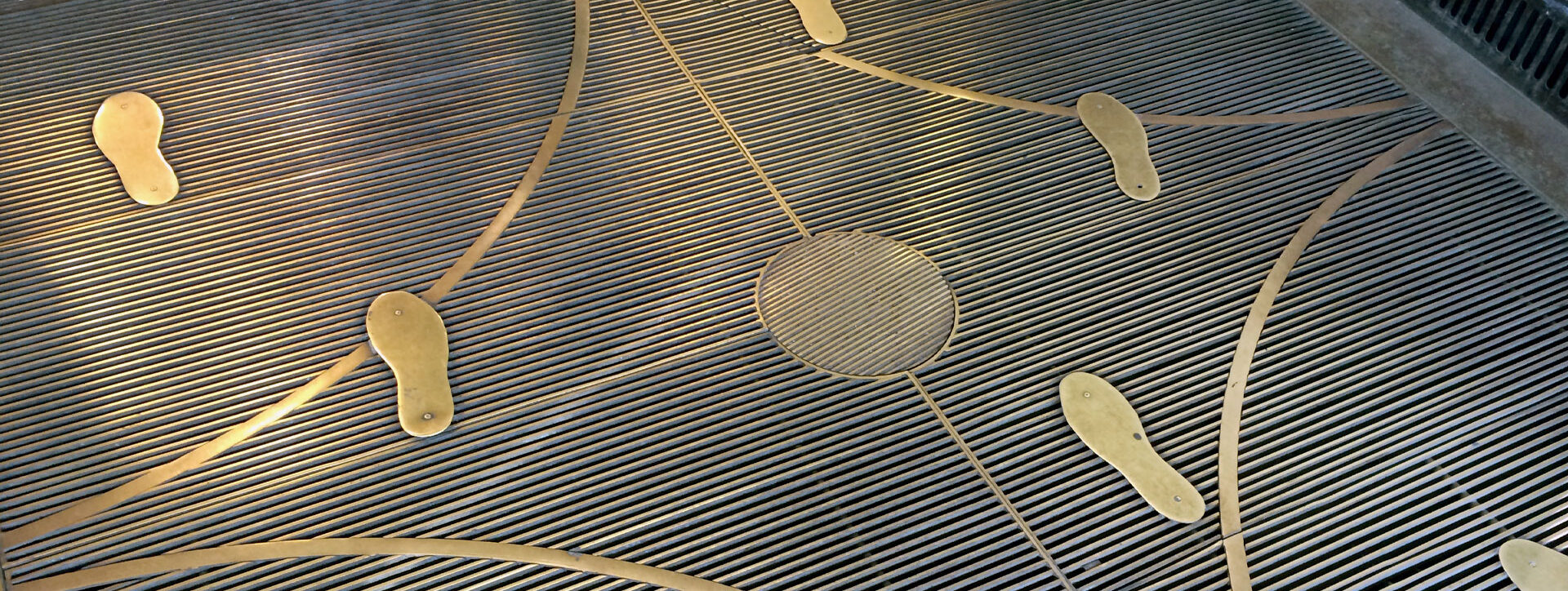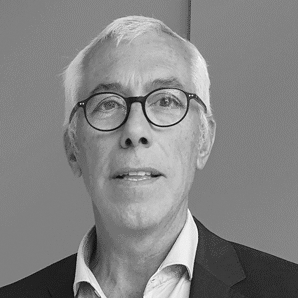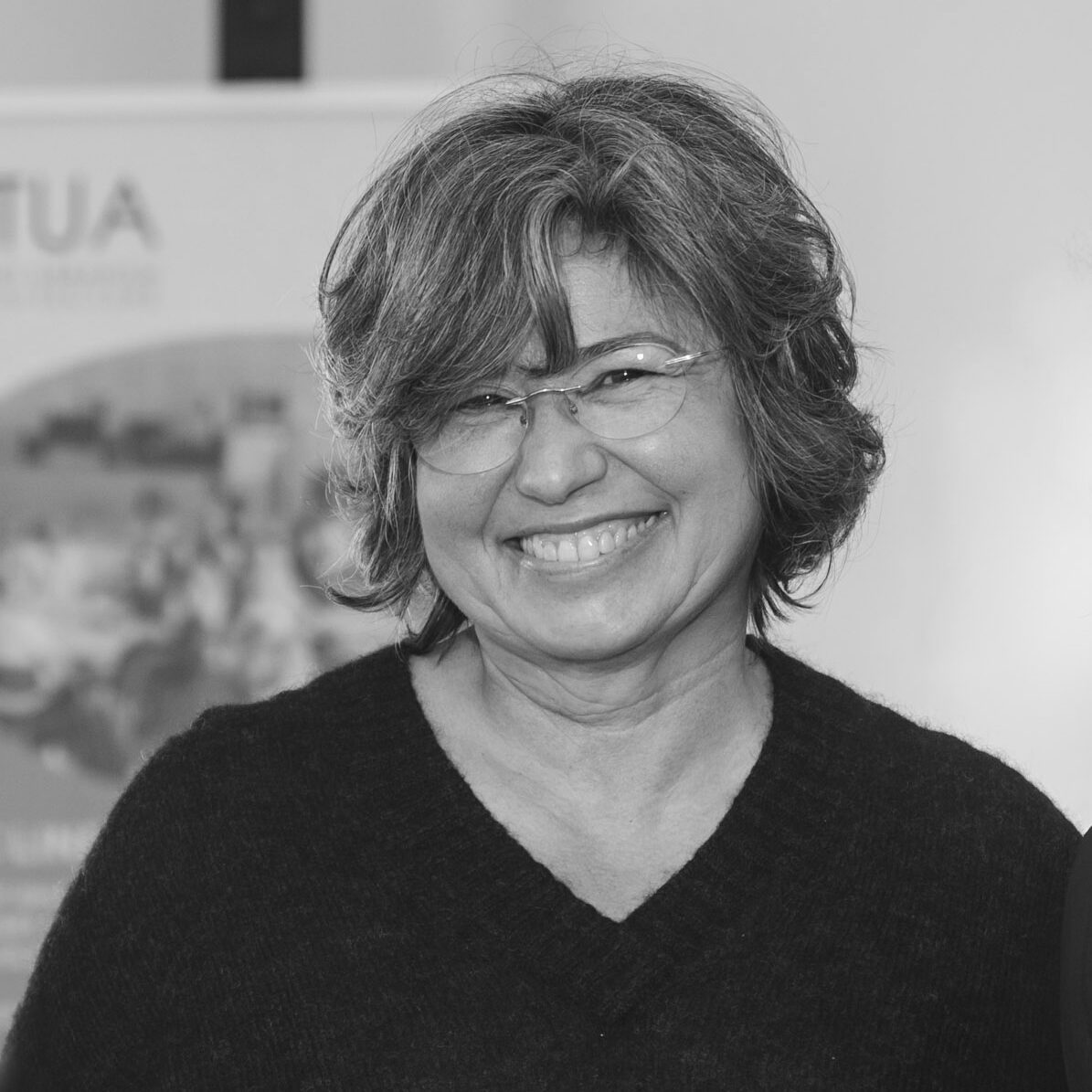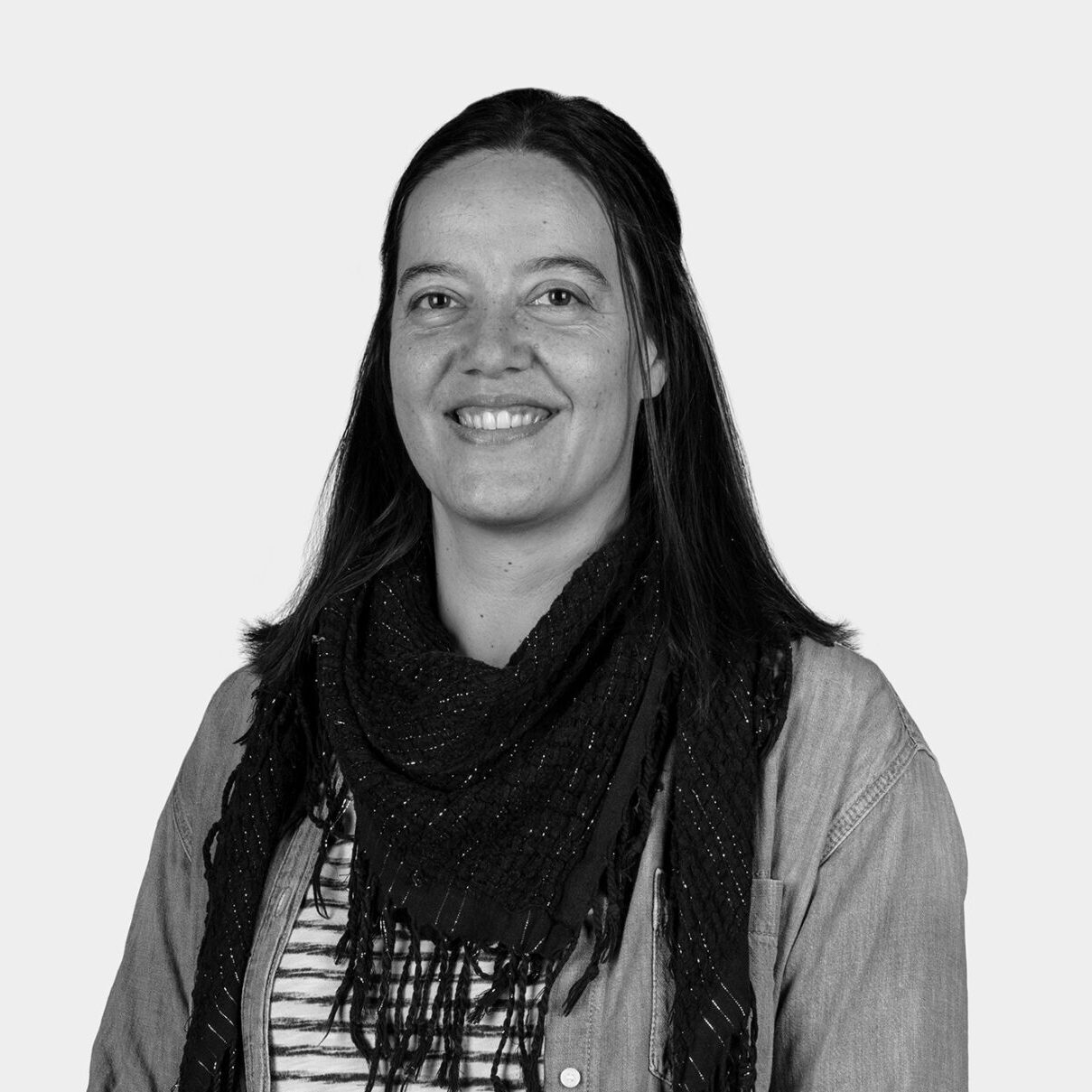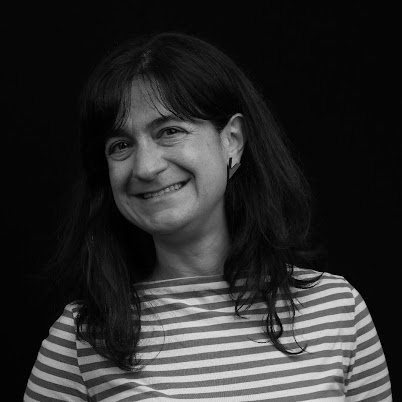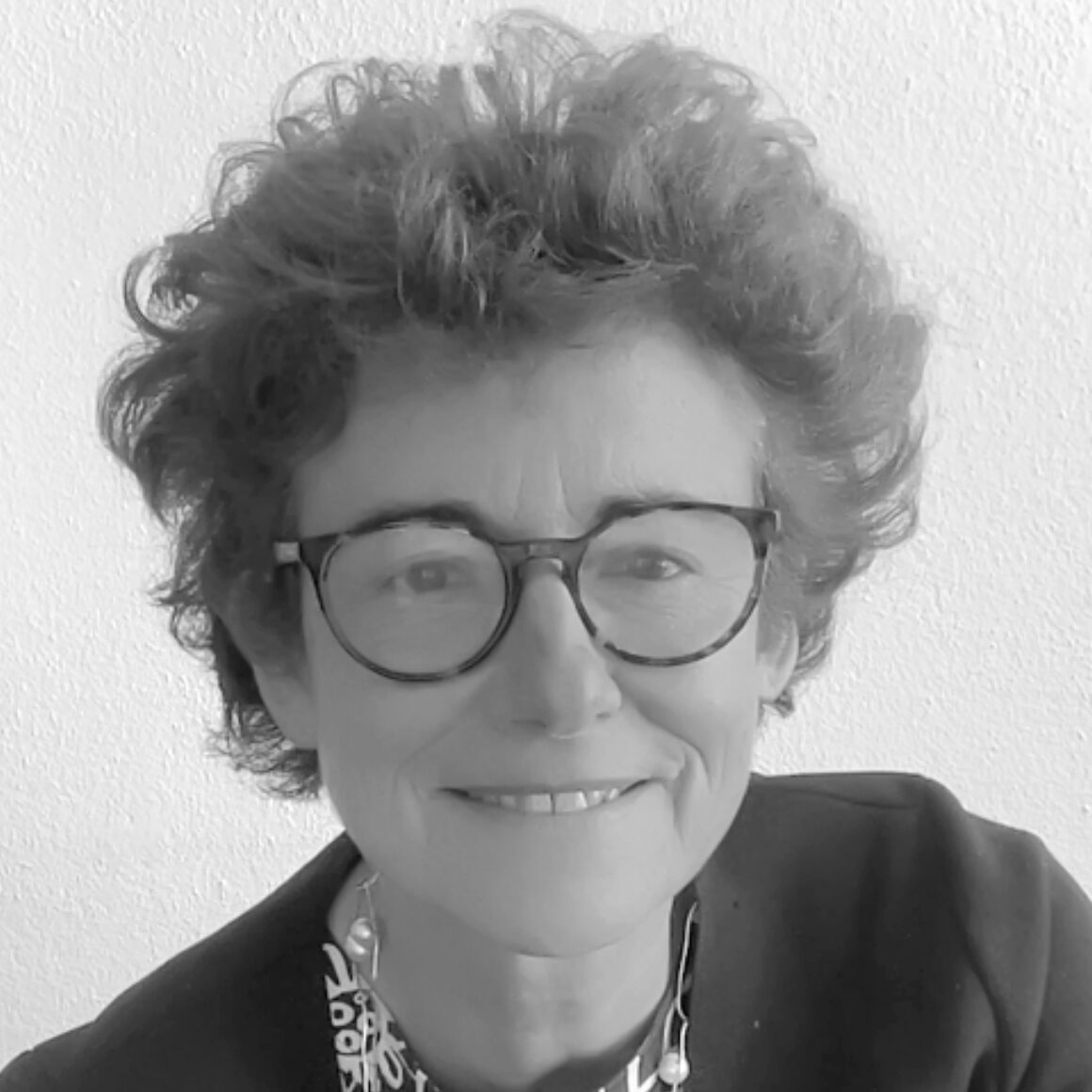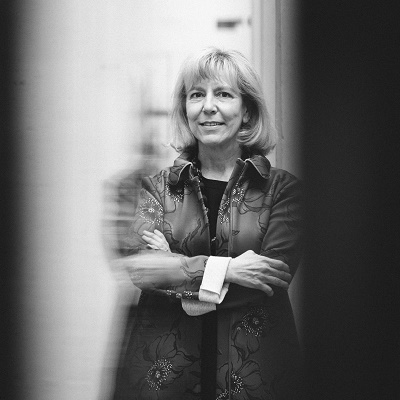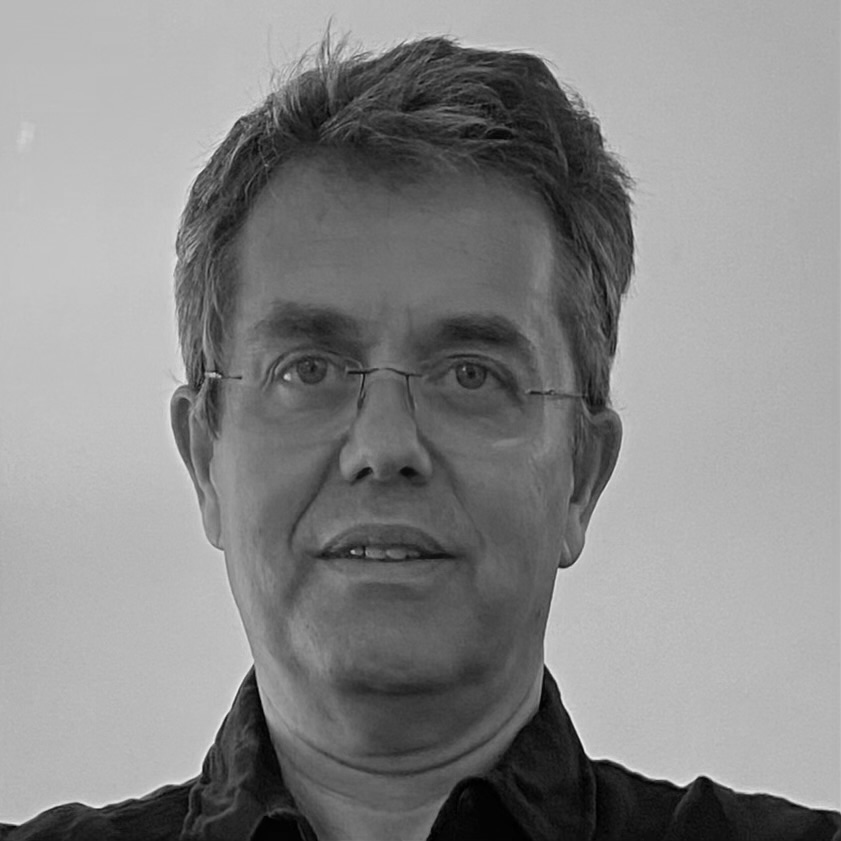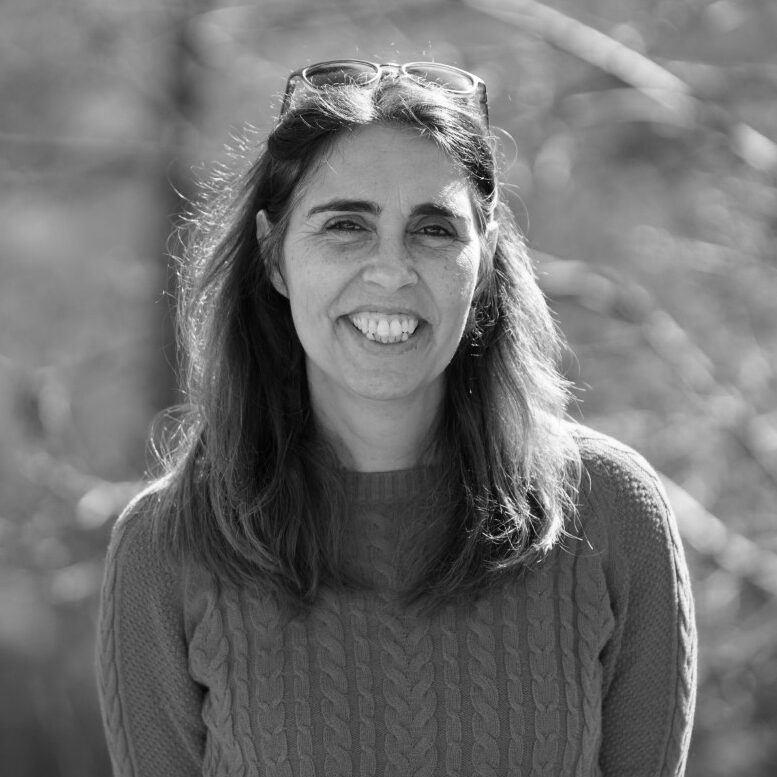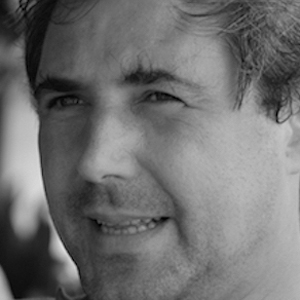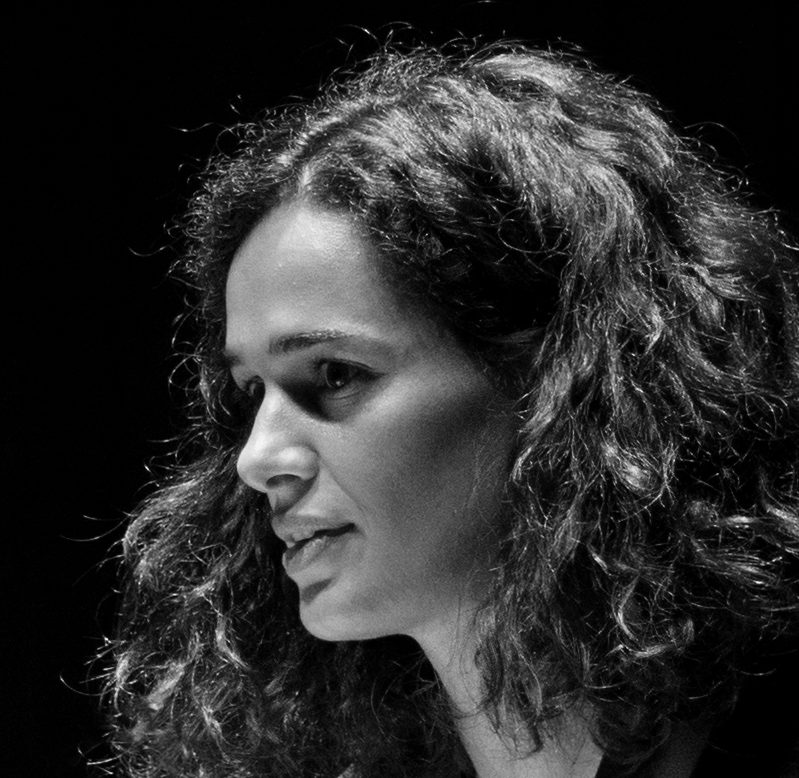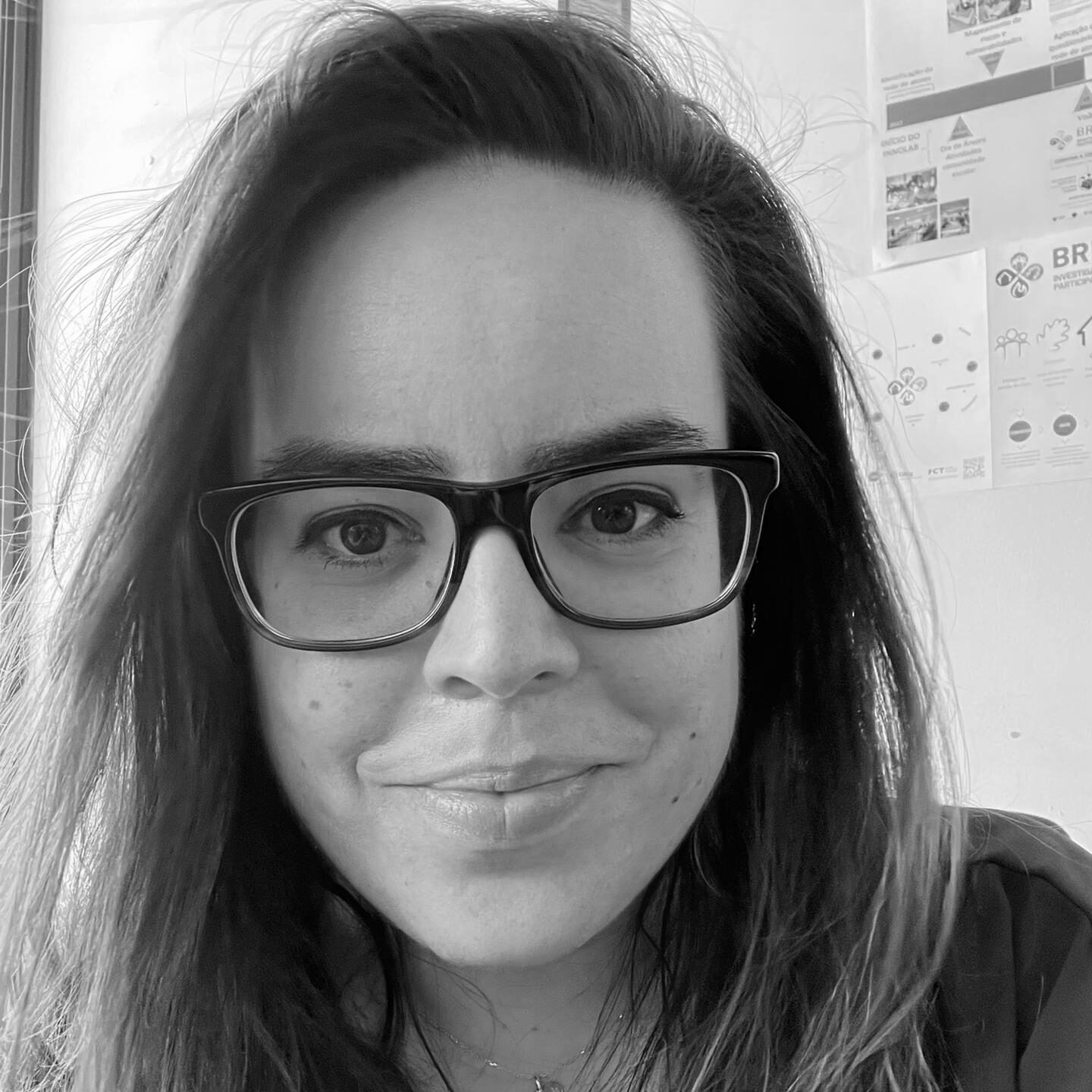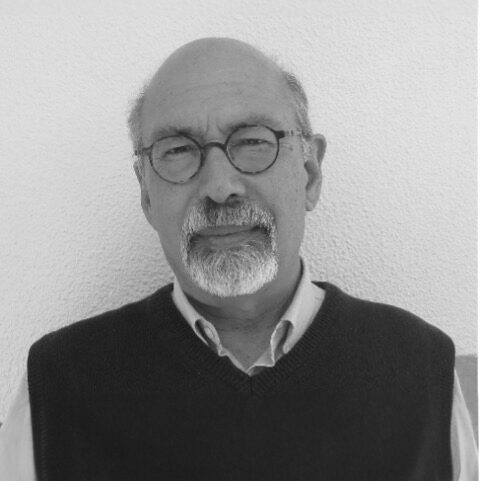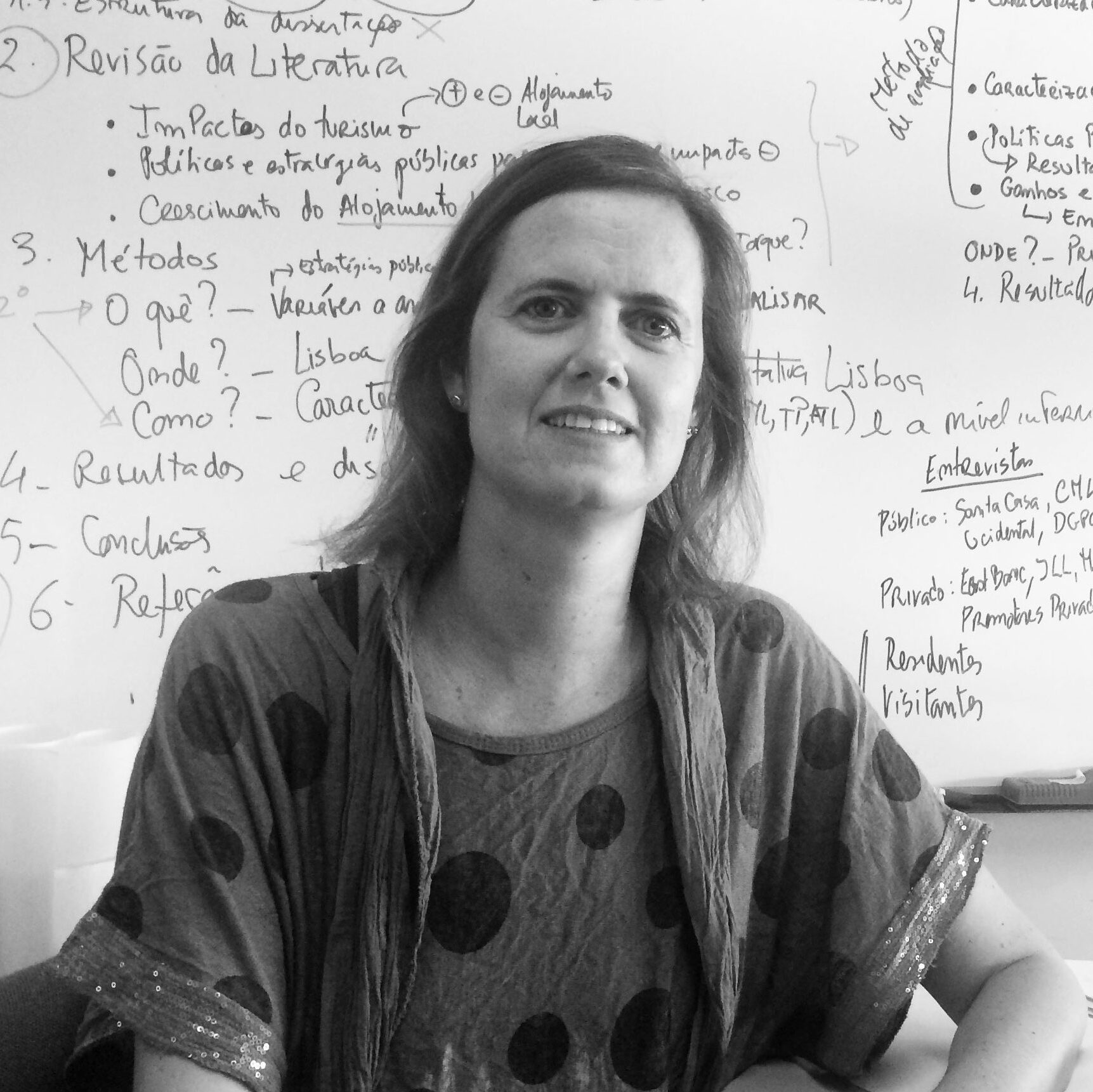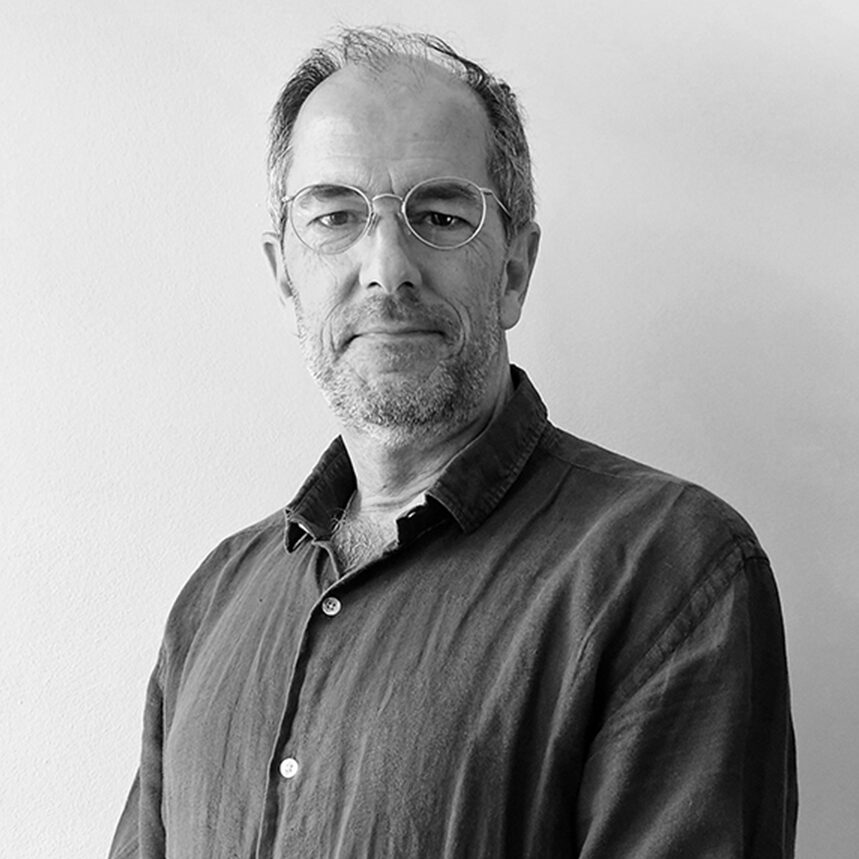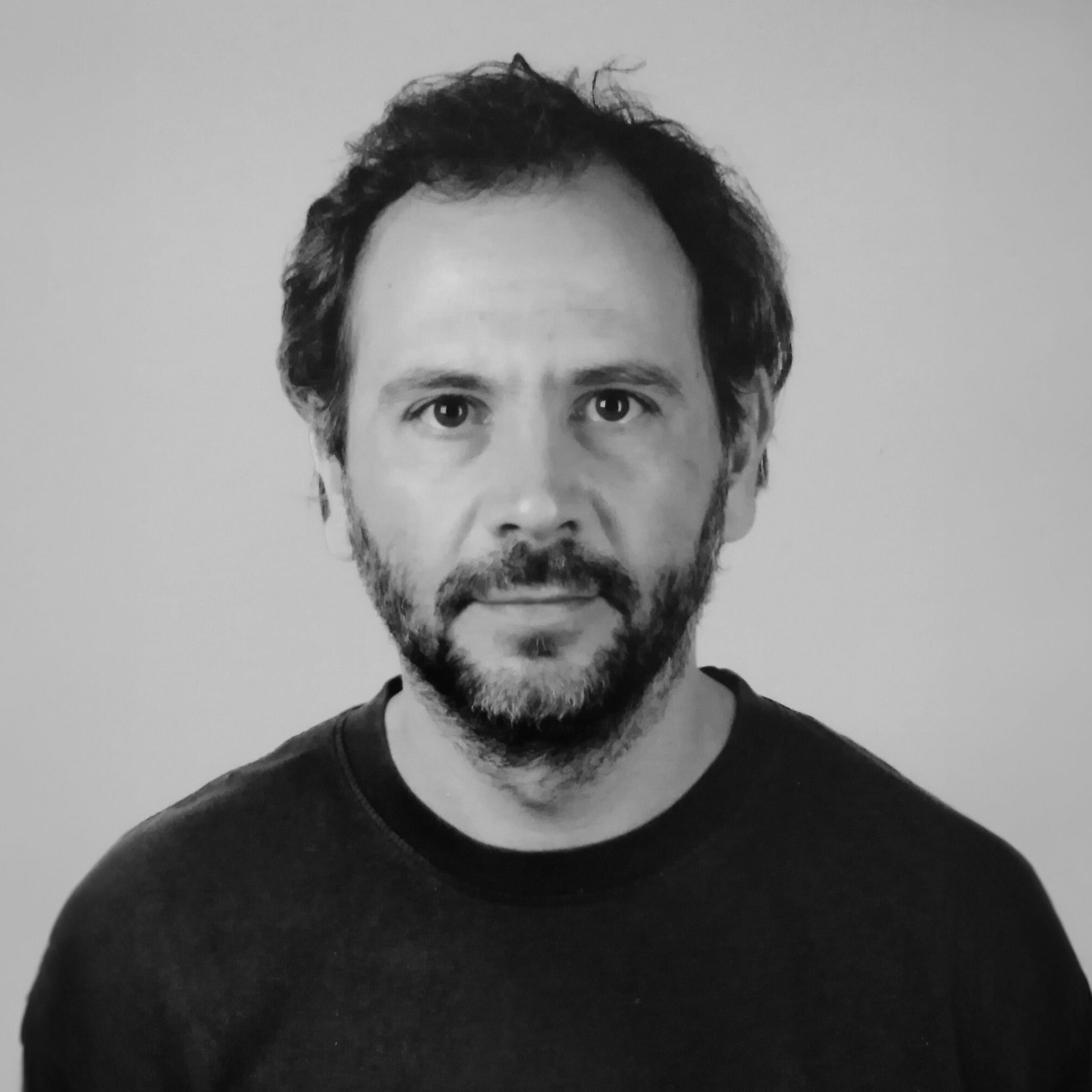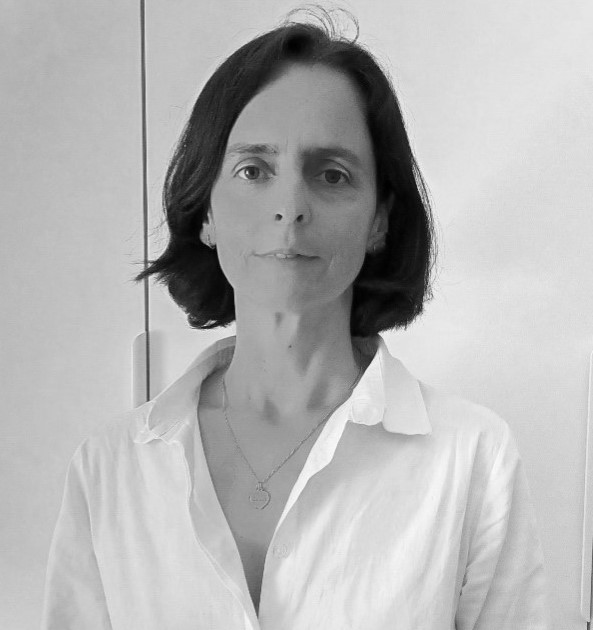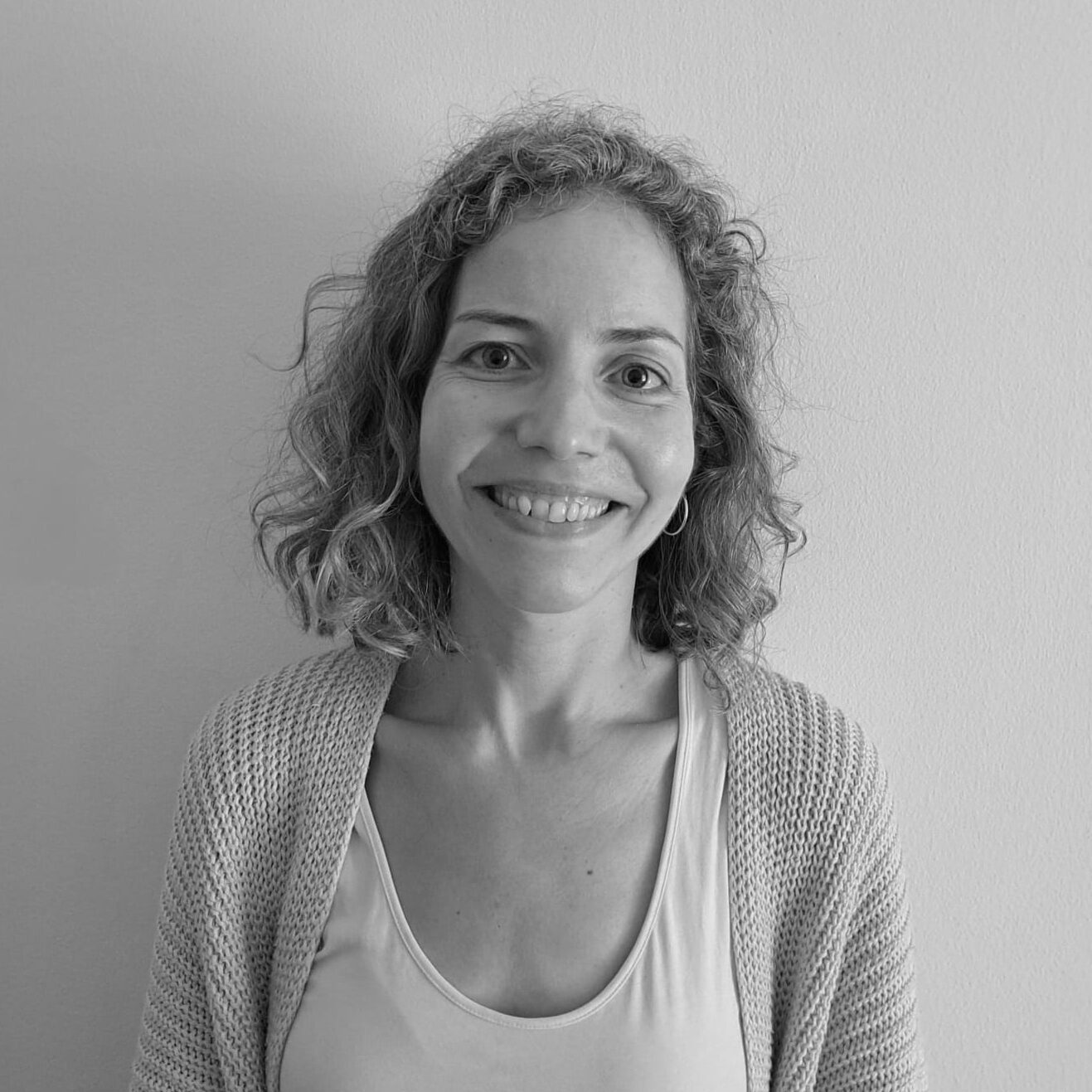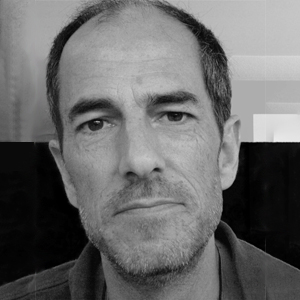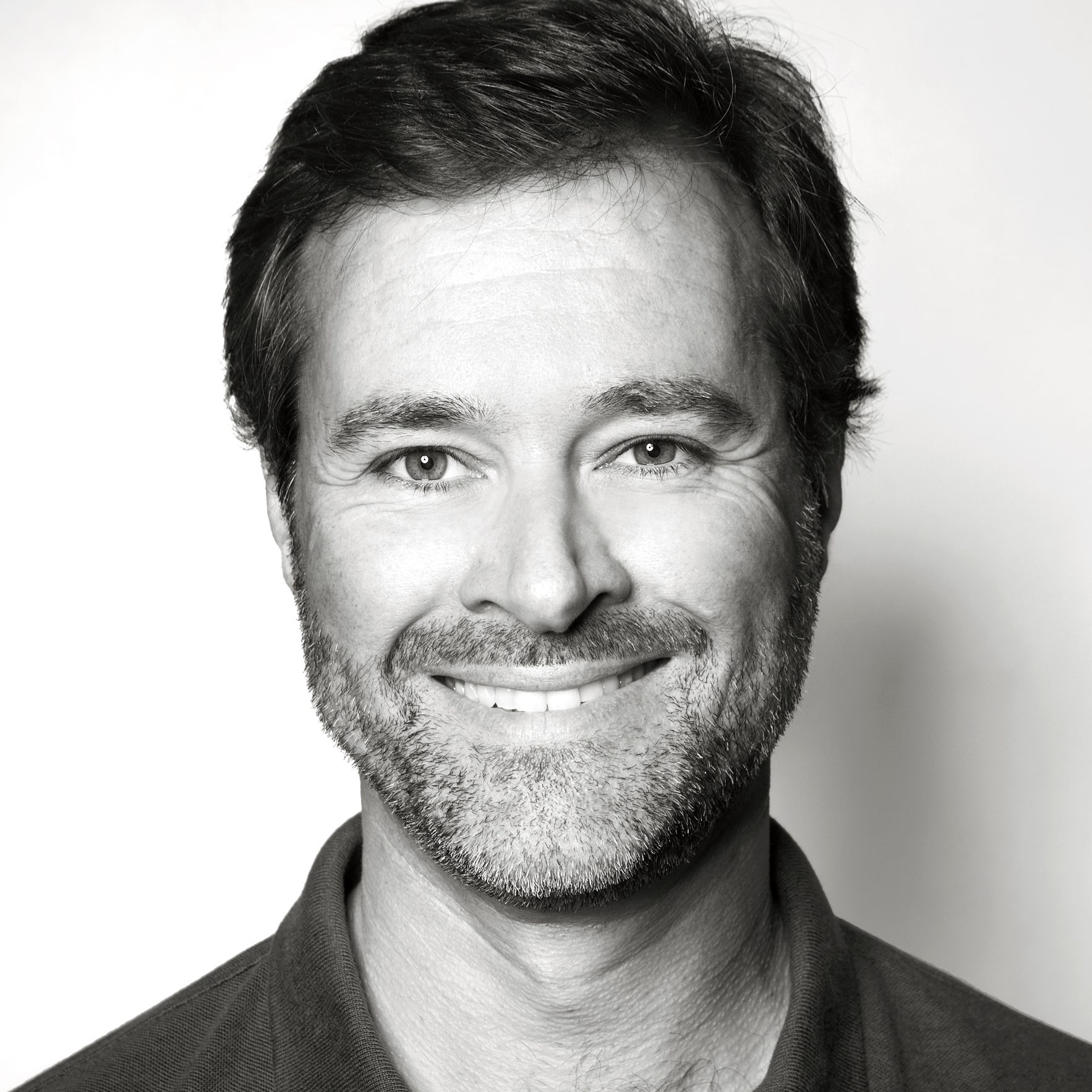CONDITION > CONCLUDED
HiTimber – Sustainable High-Rise Buildings Designed and Constructed in Timber
Also appears in: Concluded, International
HiTimber project aims to fulfill the future demands in higher education including innovation, sustainability, international, trans-disciplinary and entrepreneurial approaches for the development of a new study module/elective element in sustainable high-rise timber buildings.
The wider objective of this project is to develop a trans-disciplinary and international course/ elective element in the EU HEIs in the design, construction and management of sustainable high-rise timber buildings in order to enhance the quality and relevance of students’ knowledge and skills for future labour market needs.
The strategic partners had the competences and the motivation to develop higher education as trans-national cooperation involving industrial partners. Each HEI have their own fields of expertise in sustainability, teaching methodology, design, construction and management. Transnational character of project supported to development of international and inter-cultural competences of the students and teachers.
This project has 6 international partners and IST.
To know more about this project access here.
Project Duration: September 2017 – December 2020
Funding Institution: Erasmus Mundus
Project Reference: 2017-1-DK01-KA203-034242
IN:Transition – Planning for Urban Transitions
Also appears in: Concluded, International
The programme In:Transition on planning for transitions allows students to examine phenomena attributed to a wide urban/regional domain, such as gentrification, the use of public spaces, multiculturalism, pervasive neoliberal urban developments and their effects, policies for migrants and minorities, the effects of zoning mechanisms, the role of place-based interventions, urban/rural synergies, biodiversity loss, etc. This form of learning experience contributes to the professional responsibility of future urban planners by enhancing their role in the field of law, negotiation, and mediation.
It is for all these reasons that this EMDM proposal for the creation of a EMJM makes, in our understanding, a lot of sense for the European context and beyond, namely by taking advantage of the excellence of the three HEI involved. The future EMJM programme includes the extra-European context, such as the Global South, with specific challenges of a diverse nature, and where innovative methodologies are urgent.
You can access the website of the project here.
Project Duration: October 2023 – December 2024
Funding Institution: Erasmus Mundus
Project Reference: 101128277
RMB - Reuse of modernist buildings
Also appears in: Concluded, Institutional Funding, International
RMB is focused on the refurbishment of the existing housing stock, as well as conversion from other building typologies such as warehouses, offices and public building with special focus on the post WW2 modern era.
The goal is to initiate an educational framework of common definitions, approaches and methodologies on a European level, based on existing research, educational practices and reference projects in the program countries and associated states. The follow up is a Joint Master program on reuse, offered by a consortium of five European universities.
Project Partners: HS OWL, Detmold School for Architecture and Interior Architecture – Germany (Applicant); ITU, Department of Architecture –Turkey ULisboa, Instituto Superior Técnico –Portugal; Universidade de Coimbra, Faculty of Science and Technology – Portugal; University of Antwerp, Faculty of Design Sciences –Belgium; DOCOMOMO International –Portugal and associate partner ´the energy and resources institute´ (TERI) – New Dehli, India.
To know more about this project access here.
Project Duration: September 2016 – September 2019
Funding Institution: Erasmus Mundus
SEA-ASIA - Strategic Environmental Assessment for Capacity Development in Higher Education in Asia
Also appears in: Concluded, International
The purpose of the Erasmus+ SEA ASIA programme is to strengthen cooperation between the universities in the EU (Denmark, Portugal and Sweden) and Southeast Asia (Bangladesh, Laos and Vietnam) and strengthen the capacity of universities to carry out high-quality higher education in strategic environmental assessment (SEA).
In the longer term, the increased SEA capacity of the universities and stronger collaboration between universities are expected to contribute to improved integration of environmental issues in planning and decision-making processes, both nationally and internationally. Gothenburg University is the leading university for the SEA-ASIA program. Nine universities are included in the consortium.
The overall objective of this programme is to strengthen the national systems for integration of environmental considerations into strategic planning and decision-making processes at the national and international/regional level through high quality higher-level education on Strategic Environmental Assessment (SEA).
To know more about this project access here.
Project Duration: January 2019 – November 2023
Funding Institution: Erasmus+
Project Reference: 609743-EPP-1-2019-1-SE-EPPKA2-CBHE-JP
SPHERA – Supporting the Professionalisation of Health Engineering studies and Related areas in Asia
Also appears in: Concluded, Institutional Funding, International
The aim of the SPHERA Erasmus + proposal is to facilitate interdisciplinary studies in health engineering and related areas with a focus on improving existing conditions and in-depth knowledge of how to use medical equipment, deliver effective modern sanitation and other public health interventions in urban and rural areas in low-income and transitional economies. The project will build as well capacities that may reduce disaster risks and contribute to better and more targeted public health based relief following disasters. Through the creation of multidisciplinary postgraduate programs in Nepal and Uzbekistan, following the Bologna model (competence-based approach, learning outcomes and compatible with ECTS), the structure of the programs will lead to comparable degrees that will allow mutual recognition and increased students and teaching staff mobility. The partner Universities will be assisted by the EU Institutions to achieve this goal. A series of compulsory modules will develop teachers’ and students’ knowledge and skills in a range of areas.
They will able to gain an understanding of the wider issues surrounding public health and how they impact on policy and practice. The ultimate goal of the project is to prepare a new generation of specialist engineers and technicians who will have major positive effects in both the health technology industry sector and the public health system through the appropriate management of emergency situations and safe use of medical technology.
Project Duration: October 2016 – May 2020
Funding Institution: Erasmus+
Project Reference: 573909-EPP-1-201-ES-EPPKA2-CBHE-JP
ROBUST – Rural-Urban Outlooks: Unlocking Synergies
Also appears in: Concluded, Institutional Funding, International, Landscape
This is an H2020 funded project with the duration of 4 years starting in 2017. The aim of the project is to challenge the dichotomy of urban and rural spaces where urban is associated to innovation and consumption while the countryside remains a place for food production, nature conservation and recreation. As the stereotype holds the differences are blurring. This project aims to understand what are communalities and conflicts in order to move forwards in bringing out synergies and new development models. The partnership includes the following institutions: Aberystwyth University (UK), Baltic Studies Centre (Latvia), ICLEI – Local Governments for Sustainability, European Secretariat (Germany), Natural Resources Institute Finland (Finland), OIKOS – Development Consulting (Slovenia), Peri-Urban Regions Platform Europe (Belgium), Policy Research Consultancy (Germany), University of Gloucestershire – Countryside and Community Research Institute (UK), University of Lisbon – Instituto Superior Técnico (Portugal), University of Pisa (Italy), University of Valencia (Spain), Wageningen University (The Netherlands) and Federal Institute for Mountainous and Less-Favoured Areas (Austria).
The participation in this project links into the findings of the PERIURBAN project lead by IST/CERIS and into the work developed in the context of COLEGIO F3 of the University of Lisbon.
To know more about this project access here.
Project Duration: June 2017 – November 2021
Funding Institution: Horizon 2020
Project Reference: 10.3030/727988
SEA-UNICORN – Unifying approaches to Marine Connectivity for Improved Resource Management for the Seas
Also appears in: Concluded, International
SEA-UNICORN brings together a broad, interdisciplinary community of scientists, marine managers and policymakers, from more than 150 organizations spread around the world, in order to advance knowledge and unify concepts and approaches in the emerging field of Marine Functional Connectivity (MFC).
SEA-UNICORN scientists will share their complementary expertise to identify knowledge gaps in the field of MFC, and integrate information gained from a wide range of tools such as genetics, remote sensing / telemetry, morphological analyses, and dispersal modelling.
Inputs from theoreticians, ecosystem modellers, and conservation scientists, but also from marine policymakers and resource or ecosystem managers in the network, will also contribute to advance concepts and methods in MFC science.
The common aim is to improve knowledge on MFC and facilitate the incorporation of MFC data into the projection models and decision support tools used for decision-taking in marine policy and management.
To know more about this project access here.
Project Duration: November 2020 – April 2024
Funding Institution: Horizon 2020
Project Reference: CA19107
REV@CONSTRUCTION - Digital Construction Revolution
Also appears in: Concluded, International
The Mobilising Project “Digital Construction Revolution – REV@CONSTRUCTION” aims to achieve the Digital Transformation of companies in the AEC sector, to promote their competitiveness and sustainable growth, as well as a strategic alignment with the sector at European level.
The digital transformation of the construction industry is increasingly necessary to meet the challenges of competitiveness and productivity at international level. Currently, the AEC sector is highly segmented and has gaps in technological development that hinder its efficiency in relation to European markets.
Therefore, REV@CONSTRUCTION has defined objectives centred on the concern for increasing productivity, competitiveness, and sustainable growth, from the design and construction phases to the exploitation phase. Therefore, it will create the basis for a set of future innovations, attract new companies to the sector and bring about the emergence of new business models.
The final purpose of the R&D is the development of several digital tools connected to fundamental aspects of the sector, from the design phase, using BIM methodologies, through the process of manufacturing and placing concrete and bituminous mixtures that constitute the pavements, to the operation phase of the assets, supporting life cycle analyses of pavements and other civil engineering projects.
This project has 20 national parterns.
To know more about this project access here.
Project Duration: January 2022 – June 2023
Funding Institution: Fundo Europeu de Desenvolvimento Regional
Project Reference: LISBOA-01-0247-FEDER-046123
ConFish – Connectivity among Mediterranean fishery stakeholders and scientists resolves connectivity of fishery populations
Also appears in: Concluded, International
In this era of fast global change, defining connectivity and adaptive potential of exploited marine stocks while estimating social impacts of change to the livelihood of those who directly exploit the resource are challenging but key requirements towards sustainability of fisheries. Yet, these three levels of information are not captured by traditional management practices: boundaries of stocks are perceived as static, stocks are considered as non-evolving units, and local stakeholders are seldom accounted for at the decision-making level. Here, we create a Mediterranean-based network that includes local stakeholders, social scientists and fisheries scientists, to deliver a framework that will refine the efficiency of fisheries management.
The project includes cutting edge genomics techniques – that provide high resolution insights in the connectivity and adaptation – and local stakeholder involvement through all the phases of the framework – to promote the capacity building and knowledge transfer between fishermen and scientists.
The concept will be backed-up by a strong social component that will act as a vehicle to bridge and disseminate. This bottom-up approach to fisheries management will permit identification of fishery areas that are critical to preserve, both from a scientific and from a social perspective (local populations), extensively contributing to the sustainability of Mediterranean fisheries. This project has 5 partners in Europe.
To know more about this project access here.
Project Duration: November 2016 – July 2018
Funding Institution: Programme 2014 – 2020 INTERREG VB Mediterranean
MiLAND - The impact of migration on landscape identity in an urban and a rural context
Also appears in: Concluded, International, Landscape, Landscape Outcomes
The interactions between people and their surroundings play an important role in the construction of their identities. We know the landscape we live in, we interact with it daily and in doing so, we make it our home. Feeling at home in our surroundings plays an important role in our quality of life. People sometimes struggle severely with being displaced when for example peoples’ landscape is being turned into a nature area or when people have to flee their home due to war. Even when people voluntarily migrate, it often proves a struggle to settle in their new surroundings. The places in which people have lived previously, shape how they are connected to the landscape they live in. Migrants for example often value features in the landscape which remind them of their home. Also, people’s cultural background and values shared with the local community have an impact on how they perceive and value their surroundings. Major differences between how migrants and natives view their landscape can contribute to segregation. This research will, therefore, address these issues, investigating differences in how migrants and natives identify with the local landscape and trying to uncover underlying factors that influence the effects of migration on people’s landscape identity. This research project is divided into four different phases: participatory landscape character assessment, focus groups, surveys, and in-depth interviews. These steps will be applied in rural and urban areas in both Belgium and Portugal to understand the processes of landscape identity formation across different contexts.
Project Duration: October 2021 – 2025
Funding Institution: Research Foundation Flanders
DREAMS: Digitally supported Environmental Assessment for Sustainable Development Goals
Also appears in: Concluded, International
The background of the project is that environmental assessment (EA) is applied at the early planning and design stages of a proposed activity so that authorities, the public and other stakeholders can form a view about how acceptable the activity’s sustainability performance is, and what conditions need to be applied to mitigate potential negative impact and support sustainability. EA is legally required and recognised as a critical part of authorities’ development approval process and of public and private developers’ design of strategies and projects (European Commission, 2018). However, current EA practice has a series of shortcomings that the project will address:
- SDGs are not very well addressed in EAs and there is a lack of framework for a thorough and systematic integration.
- Climate change initiatives are not strongly considered in terms of other sustainability objectives, and there is a risk of negative trade‐offs and sub-optimisation.
- EA processes are characterized by manually collecting and compiling existing data for EA reports, which is costly and time consuming.
- The highly manual processes in the preparation of EAs leads to a variation in quality of the decision support that depends on the professional’s experience and knowledge.
DREAMS project aims to promote progress on Sustainable Development Goals (SDGs) by digitally transforming the way society accesses and communicates information about environmental impacts of projects and plans in order to enable the best decisions towards green transition in a transparent and inclusive democratic process.
This project has 14 partners from Denmark and Portugal.
To know more about this project access here.
Project Duration: October 2020 – September 2023
Funding Institution: Innovation Fund Denmark
Project Reference: 609743-EPP-1-2019-1-SE-EPPKA2-CBHE-JP
Atlas of School Architecture in Portugal – Education, Heritage and Challenges ASAP-EH
Atlas of School Architecture in Portugal – Education, Heritage and Challenges (ASAP-EHC) is a research project funded by Fundação para a Ciência e Tecnologia (FCT – Foundation for Science and Technology) and involving a group of researchers from different universities and different fields of study: architecture, education, history, town planning, interior design, construction, energy efficiency and documentation. ASAP-EHC seeks to contribute to a deeper understanding of school architecture in Portugal, focusing on buildings for secondary (lyceums and technical schools) and middle school education (industrial institutes, agricultural schools and primary schools), promoted by the State and built between the late nineteenth century and the early 1970s, when a major reform was introduced, changing the educational paradigm in Portugal. The research has the support of the historical archive of the Secretaria-Geral do Ministério da Educação e Ciência (SGMEC – General Secretariat of the Ministry of Education and Science), as the participating institution, which houses important documentary resources in its archives, mainly about public school buildings.
The aims of the research are:
- To identify the interactions between educational policies, political ideologies, social and economic concerns, and their impact on the design and use of schools;
- To understand the multi and interdisciplinary approach to the topic of school design, making crossovers between such disciplines as education, architecture, interior design/furniture, history, town planning, construction and technology, and energy efficiency;
- To identify the uniqueness of the Portuguese approach to school design, its evolution, specificities, innovations and influences, based on two distinct methodologies:
- To raise awareness about the architectural heritage of Portuguese school building, identifying its potentialities, constraints, weaknesses and the extent of its resilience, and recognising its identity, architectural values and cultural significance.
To know more about this project access here.
Project Duration: October 2016 – May 2020
Funding Institution: FCT
AfricaHabitat – From the Sustainability of the Habitat to the Quality of Inhabit in the Urban Margins of Luanda and Maputo
Also appears in: Concluded, Landscape, National, Research & Development
The project deals with forms of socio-urbanistic and housing intervention in the urban margins of African cities of Lusotopie, in the new millennium, focusing on those that contribute to improving the quality of inhabit and the sustainability of habitat of low-income groups. In the current context of accelerated urbanisation, globalisation and increasing socio-spatial inequalities, inscribed in the neoliberal paradigm, it is urgent to reflect on the impact of such interventions, as well as on how to construct a more inclusive habitat and on how and what to do to reinforce them. Luanda and Maputo, with similar structural constraints, are taken as case studies.
The main objective is to identify and differentiate interventions in the urban margins, attending to the type of housing situations, to intervention processes and to their impact, as well as to contribute to an increased understanding and dissemination of these interventions.
This project has 9 partners, 5 in Portugal, 2 in Angola and 2 in Mozambique.
To know more about this project access here.
Project Duration: October 2018 – July 2022
Funding Institution: FCT
CUCA_Re – Healthcare facilities: strategies for the future of cure and care
Also appears in: Concluded, Institutional Funding, National
The goal is to study healthcare buildings from 20th century and their role in the welfare society policy, approaching future challenges driven by the developments in technology and medicine, and the need to assure a sustainable built environment (ToKiKi14). Responding to health necessities, health care buildings are a guarantee of civilization. Subject to permanent alterations, in the context of the society transformations, these buildings will be transformed, deactivated or even demolish in a near future. In the last 50 years poverty and famine have declined whereas healthcare, education and emancipation have improved significantly worldwide. All this was possible due to modernity’s devotion to innovations in science and technology. Yet this striking progress has created incredibly damaging effects as well. The effort to renew the world with pre-existing structures goes against the devotion to the constant new, which is still dominating our behavior. The relevance has to do with the developing of a meaningful knowledge for a responsible practice of planning and design addressing environment and cultural sustainable concerns. It will be a significant contribution to knowledge in the healthcare buildings and its rehabilitation, as it concentrates on both the survey of the existing building types and the development of a technological Know-How as well as considering conservation and rehabilitation strategies.
This project has 8 national partners.
Project Duration: February 2017 – December 2020
Funding Institution: FCT
Project Reference: PTDC/AUR-AQI/2577/2014
BRIDGE - Bridging science and local communities for wildfire risk reduction
Also appears in: Concluded, Governance Outcomes, Institutional Funding, National, Research & Development
BRIDGE is an action-research project aimed at developing an approach to integrate different forms of knowledge and action in order to reduce wildifre risk. Local populations are not mere repositories of information from generalist information campaigns. Rather, they hold experiential knowledge that should be crosschecked with scientific information for a more detailed risk assessment. In the action plan, rural fire risk mitigation measures need to be incorporated into local governance logics and the daily routines of forest users.
At the methodological level, the development of this integrated approach will be implemented through a participatory-action research (PAR) applied to a specific territory, Monchique region. Participatory action research is understood as a process by which science and scientists, regional and local governance agencies, decision-makers and public officials, communities and local leaders cooperate with the dual objective of: i) assessing the vulnerabilities and resources of their territory; and ii) identifying the various risk reduction alternatives. This local involvement is a way to build knowledge with the community, raise wildfire risk awareness and foster a more enduring commitment with wildfire risk reduction policy. BRIDGE’s
participatory action research will be applied to a pre-selected pilot-area, Monchique region, and will comprise two major moments: one of participatory socio-territorial diagnosis and a local capacity-building process embodied in the form of a collaborative laboratory. The activities developed in the collaborative laboratory of BRIDGE (Innovation Lab for CBDRR) will be materialized through the adoption of collaborative methodologies, namely the participatory mapping. The involvement between local communities, local/regional technicians and scientists will occur through the construction of a local scaled map where relevant elements for wildfire risk management, such as socio-ecological vulnerabilities, local resources and capacities, will be identified. This map will subsequently be adapted to digital format so that it can be used for other purposes, such as spatial planning and wider public awareness.The development of BRIDGE will be ensured by a consortium of three institutions, respectively the Instituto Superior Técnico (IST), coordinator of the project, the Laboratório Nacional de Engenharia Civil (LNEC), and the University of Algarve (UAlg).
To know more about this project access here.
Project Duration: March 2021 – March 2024
Funding Institution: FCT
Project Reference: PCIF/AGT/0072/2019
GENESIS – Environmental, economic and social savings of green roofs/ facades incorporation of uncertainty and investor/user preferences in cost-benefit analyses of green roofs/ facades
Green infrastructures present themselves as multifunctional, sustainable and resilient solutions for the regeneration of urban centres. In this sense, green roofs/façades are expected to be one of the most promising alternatives, as they allow vegetation to be introduced into built elements. However, green roofs/façades have typically been restricted to specific countries and continents.
The GENESIS project aims to develop a comprehensive and systematic model for balancing the environmental, economic and social benefits of green roofs/ façades against their additional costs, from a life cycle perspective.
Several investors/owners from the public and private sectors will participate in the project, following reference case studies: two municipalities in different realities (in Portugal and Australia).
This multidisciplinary approach guarantees the validation/utility of the cost-benefit models developed for application in different regions of the world and types of infrastructure.
Project Duration: October 2018 – October 2021
Funding Institution: FCT
Project Reference: PTDC/GES-URB/29444/2017
MetroGov3C – Governance in Lisbon Metropolitan Area in a Context of Conflict, Competition and Cooperation
The MetroGov3c project (PTDC/GES-URB/30453/2017) intends to face the challenge of institutional weakening in the metropolitan context, seeking to contribute to the effectiveness of public policies at metropolitan scale, and also at more local scales, as well as to an efficient management of the scarcity of resources that societies face today.
Thus, MetroGov3c seeks to make a critical evaluation of the models successively designed over time, of the respective advances they proposed, but also of the obstacles that were placed in their way to prevent them from becoming reality. At the same time, the project will provide an update of knowledge based on recent scientific and technical production, the evaluation of metropolitan governance models in similar economic, political and cultural contexts and the current situation in the Lisbon Metropolitan Area (LMA).
The project is funded by the Foudation for Science and Technology and involves researchers from Instituto Superior Técnico, Faculdade de Arquitetura and Instituto de Geografia e Ordenamento do Território.
To know more about this project access here.
Project Duration: September 2018 – February 2022
Funding Institution: FCT
Project Reference: PTDC/GES-AMB/28591/2017
Morphological innovation of the loggia for urban resilience to climate change
Temporary occurrences of extreme intensities of ultra-violet radiation and increasing periods of heat waves, due to climate change, present public health risks. Remaining in the shadow during midday hours in such conditions is a public health promotion strategy. Following this premise, this research explores morphological innovation of the urban loggia, i.e., public shaded walkways and sitting areas integrated in the ground level of buildings. These spaces have the potential to generate microclimates through passive cooling, reducing energy consumption of indoor temperature regulation in building entrances and contributing to the sustainability of buildings and cities.
To improve the inclusive building performance of the urban loggia shadow spaces by integrating non-visual sensory modalities, this research is centred on integrating the diversity of people’s conditions and needs, as far as possible, and for that explores the empirical knowledge of a key users group, specifically blind people. The focus of this investigation is to identify positive and negative spatial components and requalification strategies of the urban loggia shadow spaces. The obtained results will contribute to a strategic adaptation of urban buildings to climate change in Portugal and other countries with similar vulnerabilities.
More about the project here.
Project Duration: January 2018 – November 2024
Funding Institution: FCT
Project Reference: 101128277
PSSS – Public Spaces’s Servide System: An integrated assessment methodology
This project deals with public space as a provider of services to the city and its users.
Service values and systemic qualities are therefore the central concepts needed to develop a rational framework for evaluation.
Investment in public space has grown in recent decades, with new typologies, uses and users, territorial scopes and also a new perception of its qualities. Despite this, in many projects at a local or regional level there is often a need for greater continuity or integration, so that public spaces can be understood as real urban systems and have greater return value – social, environmental or economic – ensuring sustainability in the life cycle of the public space.
It is therefore necessary to incorporate this diversity of public space service values, new scales and areas, into evaluation tools, methods and procedures, and to understand their role in production processes.
To know more about this project access here.
Project Duration: July 2016 – March 2019
Funding Institution: FCT
Project Reference: PTDC/ECM-URB/2162/2014
SIZA_3CITY - Habitação colectiva de Álvaro Siza: projetos, contextos e vivências (Porto-Lisboa-Nova Iorque)
The general aim of this project is to study the transformations in Siza’s collective housing over the past 5 decades, focusing on the linked analysis of: a) the projects (social and private housing) and the respective social and urban condition framework; and b) their residents and the relationships they develop with the projected space.
The research follows an intensive methodology: comparative study of 3 Siza’s cases/collective housing projects. Each represents a moment on the architect’s professional life and corresponds to a moment in the life of society and the city; the 3 together, and their temporal sequence, represent (part of) Siza’s trajectory and that of contemporary society and of the city.
The greatest innovation in the proposal is in the temporal sequence of the 3 cases, which allows us to answer the following questions: what has changed in the production and appropriation of Siza’s houses and how do these changes relate to social transformations and the architect’s career? Who promoted the housing at the different times, locations, to what end and for whom? What are the formal, functional and contextual differences/similarities between the projects? How have transformations in the urban context impacted on the occupation of dwelling in social, use and value terms? What is the social profile of residents, their evolution and differences between cases? How do these residents live in Siza’s houses? Why do they choose to live in Siza-Pritzker houses, and what does it mean?
Project Duration: February 2022 – July 2024
Funding Institution: FCT
Project Reference: SIZA/UES/0014/2019
SIZA baroque
Also appears in: Concluded, Institutional Funding, National
“Siza Baroque” is a research project that aims to highlight the relationship between the idea of Baroque and the work of Álvaro Siza.
The aim of this project is precisely to test this interpretative possibility which, in our opinion, will bring considerable knowledge gains in understanding: Siza’s design method, his journey over time, the metamorphosis of his work over that time and the metamorphosis of his projects themselves. Aware that placing the idea of the Baroque and Álvaro Siza’s architecture side by side will also bring gains in knowledge in terms of revealing what the Baroque really is, we also believe that the planned research will be a particularly fruitful opportunity to understand more and better what has been described, with a certain reluctance on the part of the author, as “Siza’s genius”. Unfolding – in the manner of Deleuze – Siza’s architectural work and endeavouring first to observe it and then to show it through a Baroque lens is the first and last objective of the proposed research.
The propose is to verify the presence of Baroque ideas and ideals in Siza (i.e. in his work, or rather in his work as a testimony to his thinking about architecture and the world in which it is inscribed), to the point where Siza may be closer to Borromini than to the so-called architecture of our time, without this condition of antiquity and distance making it inappropriate for our time; on the contrary, it shows how Siza’s is an architecture without time.
You can access the website of the project here.
Project Duration: September 2021 – September 2024
Funding Institution: FCT
Project Reference: SIZA/CPT/0021/2019
The Critical Monumentality of Álvaro Siza – Projects of urban renovation after the 1998 Lisbon World Exposition
The research project ‘The Critical Monumentality of Álvaro Siza – Projects of urban renovation after the 1998 Lisbon World Exposition’ (SIZA/CPT/0031/2019) aims to identify, characterize, debate, and reflect about the works of Álvaro Siza, within the urban policies launched in Portugal in the early 2000s.
This research project has two general goals:
The first goal aims to discuss the importance of the Portugal Pavilion within the scope of Expo98, reflecting on its episodic neglect and the current rehabilitation and adaptation project, while the second goal aims at a comprehensive reading of the works of Álvaro Siza in the context of urban renovation processes developed in the course of the Polis programme and other similar initiatives, while debating their impact on the urban and architectural context.
To know more about this project access this link.
Project Duration: September 2021 – March 2024
Funding Institution: FCT
Project Reference: SIZA/CPT/0031/2019
TRUST – social innovation sTRategies for sUSTainability transitions
Also appears in: Concluded, Institutional Funding, National, Research & Development
The overall objective of TRUST is to explore the enabling conditions for sustainability transition(ST) initiatives, the extent to which such transitions support social innovation (SI) and the role of SI in generating transformative change, through actors’ networks and agents of change. The key research ideas build on ongoing research projects that explore the transformative potential of ST(eg TRANSIT,ARTS,GUST,TESS,SINGOCOM or TURAS). Social learning and innovation are important factors in transformative process for building social-ecological resilience [WeAn10],[West13]. In TRUST focus is on ST initiatives, supported by SI, that drive transformative change in social-ecological systems(SES). The long-term target is to contribute to create locally based networks for ST and SI strategies to enable change in approaches, routines, practices and mind-sets to create transformation for sustainable driven societies.
The participants os TRUST are Instituto Superior Técnio, Universidade de Aveiro e Universidade de Évora.
To know more about this project access here.
Project Duration: September 2018 – May 2022
Funding Institution: FCT
Project Reference: PTDC/GES-AMB/28591/2017
[PAILT] Projects to accelerate research in the Thematic Lines
The research acceleration projects in CiTUA Thematic Lines are projects designed for one year, which have as objectives:
- To promote intra-CiTUA cooperation, creating synergies among the various researchers – integrated, collaborators and others – and their research interests;
- To reinforce the scientific production and the public dissemination within the Thematic Line;
- To provide solid bases for the expansion of research developed within this scope through a future submission to national or international funding;
[PAILT] ROLE – THE (RE)DESIGN OF THE LEARNING ENVIRONMENT. What is changing?
ROLE central motivation is to contribute to the (re)design of innovative, effective and meaningful educational environments, anchored in the values of a sustainable attitude at social, environmental, economic and cultural level. It explores different typologies of built spaces at different scales. It analyses their potential for educational practices, knowledge transfer, their value as educational opportunities, and their role as educational context, agent and content (Trilla 1993). The approach focuses on the educational needs and expectations (formal, non-formal and informal) of different target audiences (compulsory education, extracurricular education, adult and senior education, lifelong education), considering socio-economic implications and contexts of permanence, temporality or unpredictability.
To know more about this project access here.
Trilla, Jaume Bernet. 1993. “La Educación y La Ciudad.” In Otras Educaciones: Animación Sociocultural, Formación de Adultos y Ciudad Educativa, 177–203. Barcelona: Universidad Pedagógica Nacional de Barcelona y la Editorial Antropos.
[PAILT] reHAB – Habitat regeneration as cradle for resilient healthy communities
reHAB proposes to investigate the built environment, design and construction processes considering all the participants from architects to politicians and inhabitants. The research addresses rehabilitation, renovation and reuse as actions for a sustainable decarbonized circular design regarding the inheritance of a built world. As underlying action, knowledge on the existent-built environment in mandatory, the reading and understanding of the built legacy is crucial for its transformation and adaptation towards the contemporary demands of comfort, security, safety, wellbeing addressing climate crisis and the human body that emerges from that urgency. Depicting and interpreting modern housing buildings the investigation of the Habitat engages the understanding of collective housing and the domestic space in a holistic approach where public areas are considered signifying for the contemporary reflection on the renewal of local communities’ strengths. Contemporary resilient healthy neighborhoods must address design and social porosity in order to achieve a timeless lesson from vernacular architecture, where the awareness of climate conditions together with the acknowledgment of social sciences built a humanized balanced sustainability. The world has changed and it is mandatory to filing the gap of the massification of modern construction in a moment of history where the housing crisis, the housing models research and the recognition of the quality of public space are here again. Simultaneously, climate challenges are calling us towards the maintenance of civilization, as we know it. Therefore, reHAB proposes to be a contribution where heritage is engaged as cradle for innovative sustainable communities crucial for the future.
To know more about this project access here.
[PAILT] Lis|PIH – LISBON PRE-INDUSTRIAL HOUSING. Diagnosis and contribution for policies to foster a sustainable urban and housing regeneration
The research project “LIS PIH” focuses on diagnosing and developing strategies for the regeneration of Pre-Industrial Urban Housing (PIH) in Lisbon. These buildings, which are predominantly multi-family and of traditional construction from the Early Modern Age, form an important part of the city’s architectural heritage.
[PAILT] Fire-B-aware – Wildfire risk perception and preparedness amongst school children and their families in Portugal
Fire-B-aware intends to investigate the wildfire risk perception and preparedness amongst school children and their families in Portugal. To do so, two main objectives were established to guide the development of the project:
(i) understand how middle school students living in Portugal perceive wildfire risk, how they are prepared to respond to wildfire risk events and how their attitudes and behaviours shape their preparedness and
(ii) understand which is the middle school student’s families perception of wildfire risk mitigation in the scope of spatial planning. Associated to each of these objectives, respectively, one type of questionnaire will be conducted to collect the required data. As Fire-B-aware outputs, it is expected to submit two papers in scientific journals, to present communications in international conferences, to develop a guide for schools rising awareness on this subject and to organise a seminar on wildfire risk perception.
To know more about this project access here.
The “Cidade Tejo” project addresses the challenges posed by climate change and the implementation of the Sustainable Development Goals (SDGs) during the “Decade of Action” (2020-2030). These challenges underscore the urgent need for new paradigms in planning and governance systems. This project aims to critically diagnose the Tagus estuary waterfront to identify: (i) urban dynamics leading to current land uses; (ii) key characteristics and functionalities of these areas, particularly regarding sustainable development and responses to hydrological risks; and (iii) the visions and strategies within various instruments affecting these territories, assessing their effectiveness, coherence, and coordination with other governance tools, programs, and projects.The final phase will synthesize these analyses, creating an integrated vision for the estuarine system. This vision will address climate change challenges, inform “Water Risk Sensitive Urban Planning,” and meet the population’s needs in social revitalization and urban regeneration of riverside areas with central functions.
[PAILT] Território.justo.pt – Territories of Space Injustice in Portugal
The project Território.justo.pt aims to be an exercise in transdisciplinary knowledge production that applies the concept of spatial justice, in all its complexity, to the reality of Portugal at the municipal level. This work initially focuses on the most relevant dimensions that explain territorial asymmetries and, at a secondary level, explores possibilities to mitigate them through the implementation of public policies or other measures, using the rationale (objectives, goals, indicators) present in Sustainable Development Goals 10 and 11 of the Urban Agenda 2030. The diversity of the team, consisting of integrated researchers and collaborators from CiTUA, supported by consultants from external research centers and specialists in various identified fields, will provide a broader dimension to this research.
[PAILT] TRAGOF - Transformative Governance in Forest Territories for Fire Risk Reduction
Forests are complex territories involving multiple interactions between social and ecological systems that affect each other, influencing and being influenced by the social, economic and political context. Non-natural forest fires represent “pathologies” that usually result from a complex dynamic of problematic interactions in social-forestry systems, that have been occurring over time in Portugal. To address this complexity and the non-linearity and uncertainties inherent to forest fire risk management, a transformative approach in the forest governance model is being sought. This approach can be understood as a key strategy to reverse the unsustainable patterns of use and management of forest territories connected to the current increasing trend of severe fire events in Portugal. Monchique (case study) is located in southern Portugal and has extensive areas classified as “very high” risk of forest fires and has therefore been classified by the Institute for Nature Conservation and Forests (ICNF) as a priority intervention area for Forest Fire Defence (DFCI, 2021). An expected outcome of the research is a critical and in-depth analysis of the current forest governance structure in Monchique, an identification of constraints and opportunities, as well as possible strategies to guide a transformative governance approach of fire risk forest territories. Such results will be consolidated and presented to stakeholders, scientific community and society in general through a scientific publication (paper), communications at Conferences and the dissemination of a Roadmap to enable its replication in others fire-prone forest in Portugal, Europe and elsewhere.
The main objectives of this project are to contribute to a critical reflection on the climate emergency, with an impact on artistic creation; Raise awareness of sustainability issues from the perspective of combating climate change; Improve educational components and cultural sensitivity; Promote sustainability and best environmental practices in the field of art; Articulate arts with other disciplines.
The project takes place in the countryside of a cork oak-based agroforestry farm in the municipality of Chamusca and is based on a programme of artistic residencies in various fields, including workshops, seminars, open ateliers, walks, taking advantage of the relationship with the surrounding landscape.
The results and final products will be presented through exhibitions and multimedia recordings, exploring the dimension of science communication and the involvement of society in the discussion on climate change.
This project has 21 national and international partners.
To know more about this project access here.
Project Duration: January 2022 – December 2023
Funding Institution: Direção-Geral das Artes
Lx LAB: Monitoring tourism for a sustainable development of historic centers
Also appears in: Concluded, Institutional Funding
Lx LAB project raised up due to the importance of monitoring as a process of evaluation in continuum in the validation of strategies for the sustainable development of the city.
The project intents to understand how to structure a tool for evaluation (monitoring) in continuum the tourism and its impacts in the historical center of a city. The project has the following main goals:
1. Identification of the main urban, economic, environmental and social impacts of tourism in historic centers;
2. Identification of the main indicators for monitoring tourism and its impacts in historic centers;
3. Clarification of the purpose of monitoring: Monitor for what? For whom? Who is monitoring?
4. Identification of the necessary information for the monitoring of tourism and its impacts; characterization of the type of information, data existence and its suitability; identification of the methods and entities (current and potential) responsible for its production and updating.
5. Identification of solutions that allow in continuum evaluation of tourism and its impacts on historic centers in their different dimensions (urban, economic, environmental and social) and the availability of information to the society.
It is needed an integrated long-term planning and management approach to maximize positive impacts and minimize the negative impacts of tourism, faced with a recurrent reality defined by the development of public policies almost exclusively reactive.
Thus, it is intended to understand how an in continuum evaluation tool can be structured to contribute to the monitoring of tourism and its impacts in the historical center of a city. For this purpose, the historical Alfama’s neighborhood, in the center of Lisbon, was selected as case study.
It is assumed that this monitoring tool should be managed by the local authority, to effectively contribute to the definition of municipal policies that promote sustainable development of the city. On the other hand, it is intended that this tool encourages the participation of citizens, namely in updating the information, taking advantage in some cases of applications running on mobile devices.
Funding: Ceris/IST
Duration: 2018
Tur&Bairros. Tourism and transformation dynamics in historical neighbourhoods: the case of Alfama in Lisbon
Also appears in: Concluded, Institutional Funding
The strong relationship between tourism growth and urban rehabilitation in historic centres has led to a development of research’s focused on assessing the impacts of tourism on urban regeneration, particularly at the level of the economic and social components. However, the study of the consequences that the growth of tourism has on the built-up, as well as the integrated analysis between the intervention in the built-up and the dynamics of the housing market and demographic are small.
It is in this context that this research is developed, whose objective is to understand the dynamics of transformation at the level of land use, building, real estate market and population in a historical neighbourhood. For this purpose, the Alfama neighbourhood was selected in Lisbon.
It is also objective of this research project to analyse the context in which these transformations occurred, that is, what effects the public policies of territorial planning, tourism, urban rehabilitation and housing had on the physical changes of the neighbourhood and if its objectives were achieved.
(Funded by “Ações Exploratórias Transversais, CERIS 2017”; Instituto Superior Técnico, CERIS– Centro de Engenharia Civil, Investigação e Inovação para a Sustentabilidade).
Funding: Ceris/IST
Duration: 2017-2018

